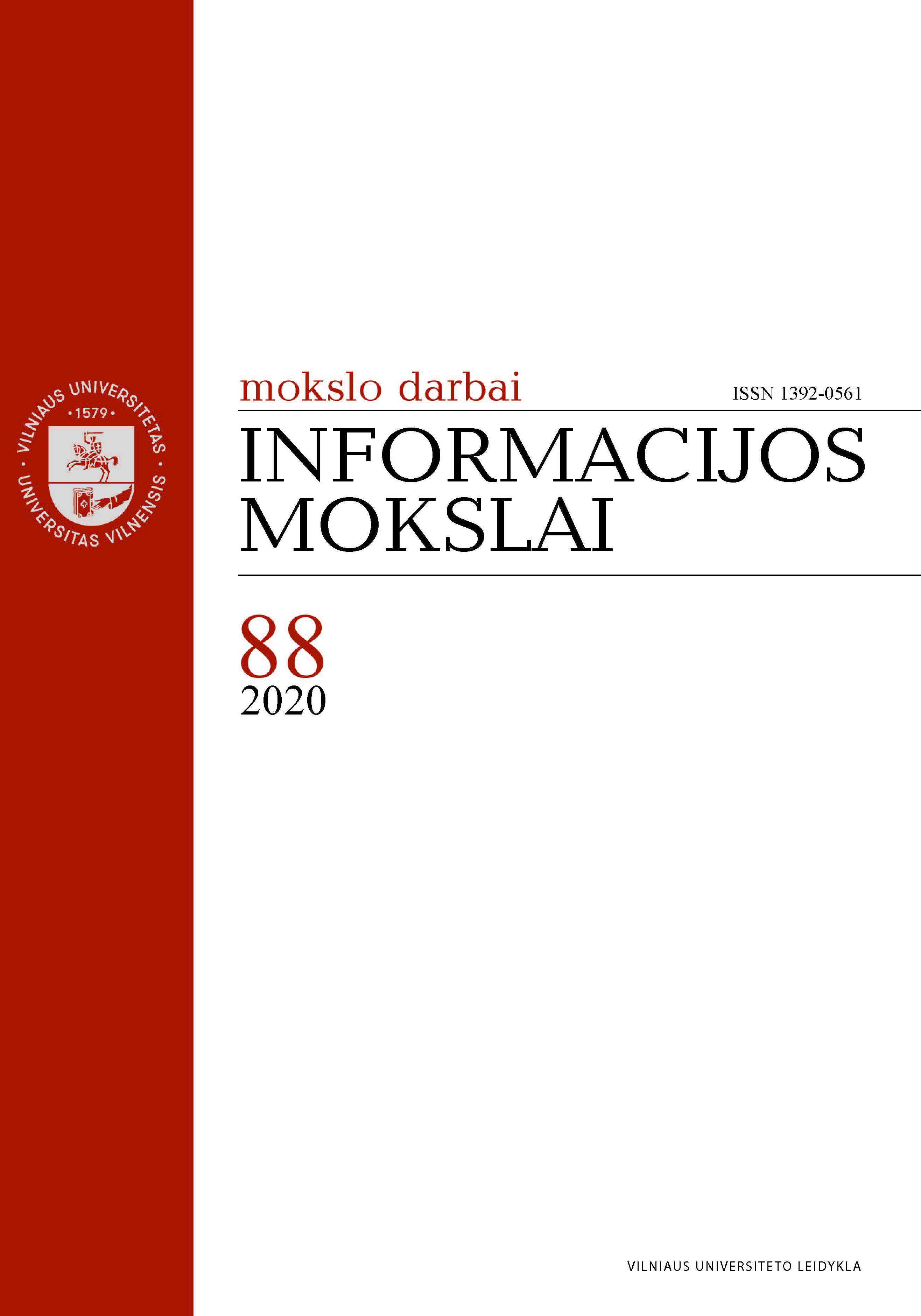Organizacinės kultūros sąsajos su šiuolaikiniu žmogiškųjų išteklių valdymu organizacijoje
Relations between Organizational Culture and Human Resources Management in a Modern Organization
Author(s): Oksana PavlovaSubject(s): Culture and social structure , Management and complex organizations
Published by: Vilniaus Universiteto Leidykla
Keywords: organizational culture; modern organization; relations; human resources management; culture; business development; high performance managing systems; flexible working arrangements;
Summary/Abstract: This article presents the development of organizational culture in terms of a rapidly changing environment in a modern labor market. Old definitions had to bring new persuasion into the field in order to compete among modern organizations. We can witness those changes firstly by analyzing how the meaning of an organizational culture has been changed over the previous decades from a very narrow function to a wide and meaningful definition including soft skills and psychological aspects. The most common reason why it happened is economic and technological growth and changes in demand which come along with it. Organizations must adapt to those changes; otherwise, consequences can be crucial. Organizational culture nowadays includes more supporting disciplines, and one of them is Human Resources Management (HRM). Organizational culture and Human Resources Management have been merged as supporting disciplines approximately in the late nineties. The meaning of that phenomena got even stronger when American psychologists admitted its relevance and supported the idea that organizational culture consists not only of an external context. HRM’s components, such as employee’s engagement, the management of cultural differences among parties, creative leadership, the identification of a specific and individual needs, etc., became relevant in shaping organizational culture in a modern organization. The article presents components which belong to the side of organizational culture as well as to the side of HRM and the most important relations between two disciplines and common components which glued those disciplines together.
Journal: Informacijos mokslai
- Issue Year: 2020
- Issue No: 88
- Page Range: 105-119
- Page Count: 15
- Language: Lithuanian

